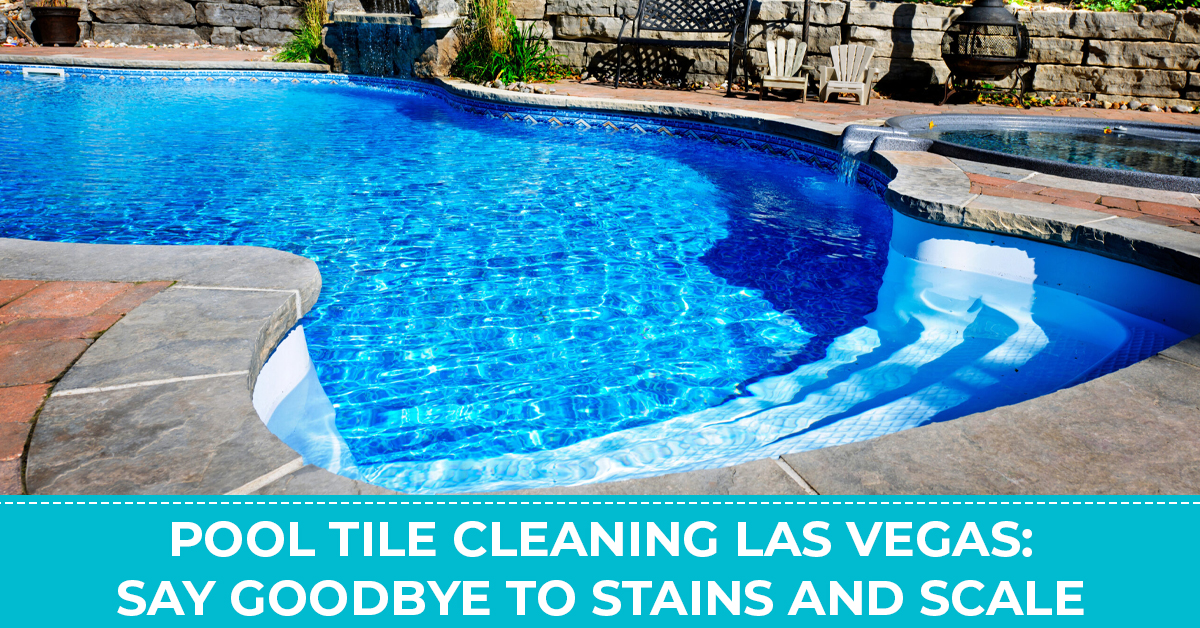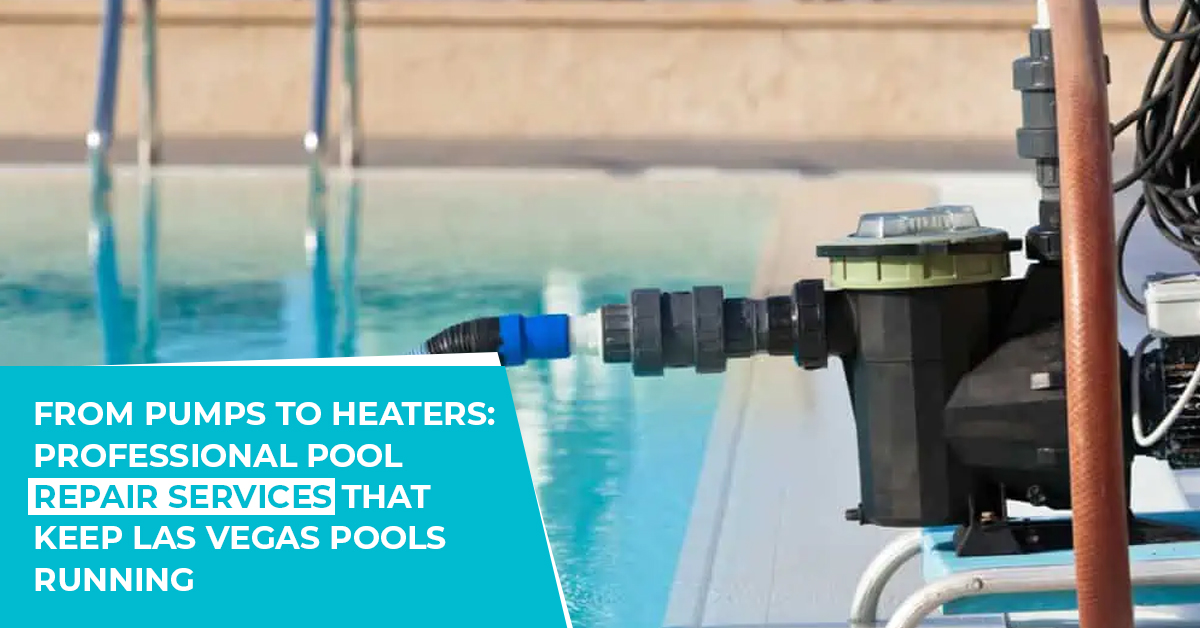Daily Pool Maintenance Guide for a Clean and Safe Swimming Experience
Across America, there are more than 10 million residential swimming pools. These give people the perfect place to relax, socialize, and stay active from the comfort of their own homes.
However, if you are going to make the most of your pool you need to look after it properly. The last thing you want is to spend nearly $50,000 installing a pool for it to then cost you thousands in repairs.
Fortunately, regular pool maintenance will help you avoid common pool problems. So what does this involve? Read on to find out everything you need to know about how to look after your swimming pool.
Understanding What's in Your Pool
Before we look at how to maintain different elements of your pool, let's take a quick look at what's in it. There are four basic components in any swimming pool. These include:
- The water chemistry
- The filtration system
- The pool surface
- The circulation system
In order for your pool run to stay healthy and clean, each of these elements needs regular upkeep. This will keep each of your pool systems running smoothly and will prevent health risks (such as mold or algae) from building up in the water.
With that in mind, let's take a closer look at how to look after your pool.
Maintaining Water Circulation
To prevent algae build up the water in your pool needs to circulate properly. This is why all pools need a pump and filter system. These keep the water moving around your pool and filter out debris at the same time.
In order for this to work effectively, your pool pump needs to run for a minimum of 10 hours every day. Of course, you can run it for longer to clean your pool more thoroughly. And you can boost circulation by backwashing your pool's filter system under high pressure.
Cleaning Your Pool
While the internal systems of your pool help to keep it ticking, you also need to clean it manually on occasion. There are various tools that you can use for this, including:
- Pool vacuum
- Brushes
- Skimmer nets for the surface of the pool
These can help to remove debris and stop algae from growing on the surface of your pool. For a thorough clean, make sure that you pay attention to the waterline around the outside of your pool. This is one area of your pool that can be susceptible to buildup.
Balancing the Water Chemistry
Your pool might look very clean but without balanced water chemistry, it is may not be sanitary to swim in. Finding the right balance, in particular, is key. This means that you shouldn't simply dump cleaning chemicals into your pool without measuring them out first.
For your pool to be safe to swim in you need to maintain a balance between your:
- pH levels (which should be between 7.4 and 7.6)
- Alkalinity (which should be between 80 and 120 ppm)
- Sanitizer levels (which can differ depending on the type of pool you have)
If you have recently had a pool party then your water chemistry may need a bit of a boost. In that case, you can "shock" your pool by raising the sanitizer levels in it. This decontaminates your pool and anything in it.
However, you should only do this if no one is going to use the pool for a while. Ideally, try to do it in the evening so that your pool can sit overnight before anyone has to swim in it. It's a good idea to check that the chlorine levels in your pool are 3 ppm or less before anyone goes swimming in it after a shock.
Installing a Pool Cover
If you don't already have one then you should definitely install a cover for your swimming pool. There are several ways that this can help you keep your pool in good condition.
Of course, having a cover on your pool will limit the amount of debris that can fall into your pool throughout the day. This means that cleaning the surface of the water will be much quicker on a day-to-day basis.
However, your pool cover can also prevent evaporation and this protects your pool's circulation pump. If the water level of your pool evaporates and drops too low, your pump can end up sucking in air rather than water. This can do serious damage to your pump if you don't fix it, which also means your water circulation will suffer.
So installing a pool cover is a real investment in the quality of your pool.
Cleaning Your Pool Filters
Your pool uses a series of filters to maintain the water quality throughout. Without them, the water in your pool can become contaminated, cloudy, and unsafe to swim in.
For these filters to work properly you need to clean them regularly and replace them when they are broken. Your system can use different types of filters, including:
- Cartridge filters
- Sand filters
- Diatomaceous Earth (DE) filters
Depending on the size of your pool and how much you use it, you will need to replace your pool filters anywhere between once a year and once every fifteen years.
Get Help With Pool Maintenance Today
Keeping your pool clean is very important if you want to use it regularly and last as long as possible. This will also help you avoid having to fork out on expensive pool repairs in the future. So what are you waiting for?
If you're looking for professional support with your pool maintenance, look no further than Clean Living Pool and Spa! Get in touch today to speak to a member of our team about our pool cleaning and repair services. We're here to help.







